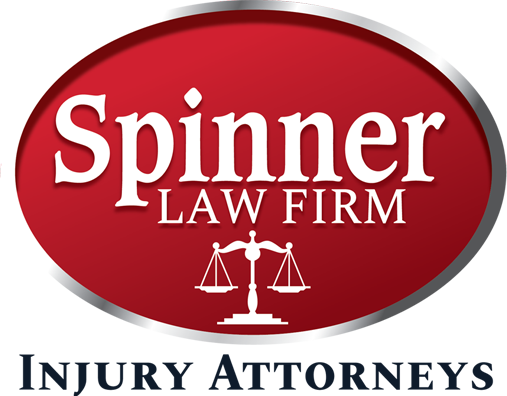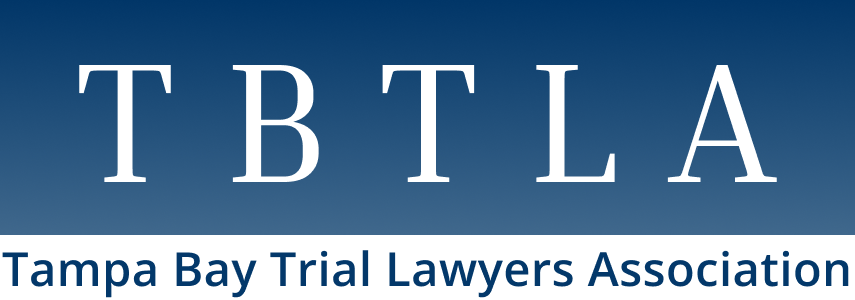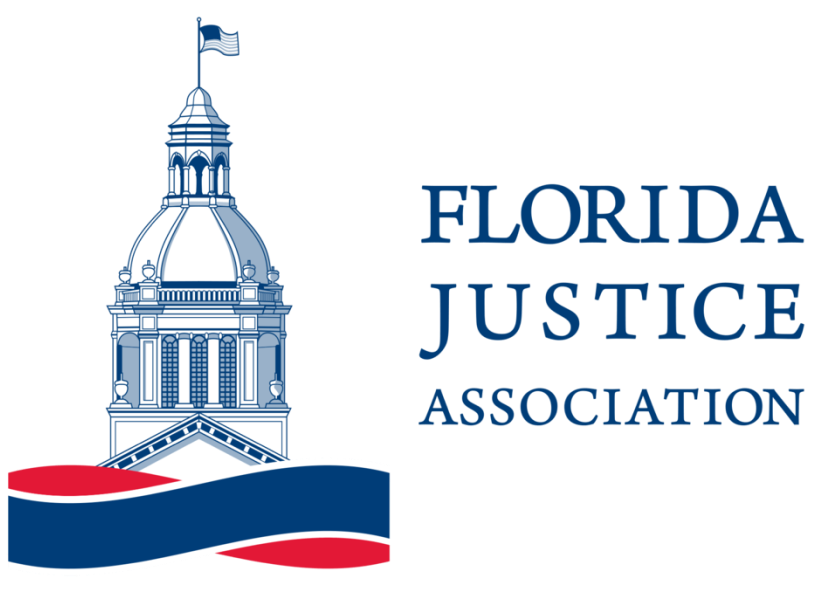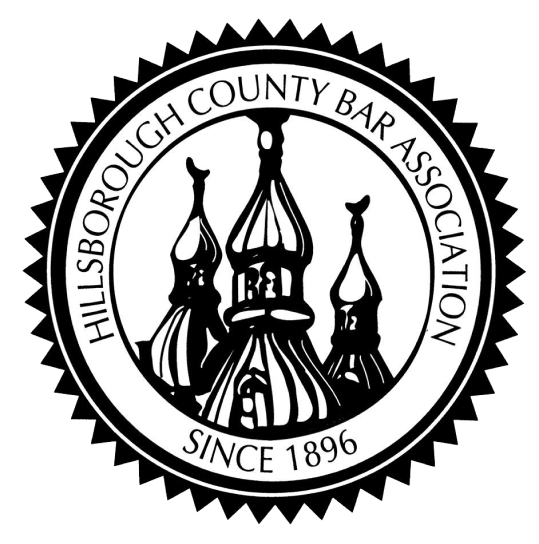Personal injury protection insurance fraud law reworked
A Hillsborough County ordinance aimed at curbing the growing problem of staged-accident fraud is being reworked in the face of a lawsuit challenging the law’s constitutionality. County commissioners passed the ordinance in September in an effort to close down phony medical clinics that allow the financial payoff for staged accidents. “Victims” of these bogus fender-benders go to the clinics for medical treatment that is never administered. Then the clinics bill insurance companies up to $10,000 a patient, the maximum allowed under Florida’s personal injury protection insurance.
Hillsborough County has become a hotbed for this type of fraud, law enforcement agencies say. The insurance industry says the ballooning racket adds hundreds of dollars annually to drivers’ insurance premiums. But the new law unfairly punished legitimate clinics with
stringent, unnecessary regulations, according to attorney Luke Lirot, who filed the lawsuit on behalf of five health care or therapy clinics. Lirot and county attorneys have since been negotiating changes they hope will alleviate the clinic owners’ concerns without dulling the law’s regulatory teeth.
“We were able to show my clients were not the ones that were causing the problems that he ordinance was adopted to try to prevent,” Lirot said.
The draft that county commissioners will consider at their meeting today changes some provisions that Lirot’s clients are challenging. For instance, the amended law eliminates a requirement that a physician affiliated with a clinic must be there at least three days a week for at least four hours each day. Also removed is wording requiring that PIP clinics be open specific days and hours. Instead, they must maintain “regular business hours.”
Left unchanged, however, is the requirement that a doctor who signs on as an operator of the clinic must be a signatory on the facility’s bank account and insurance policy. Lirot said many clinics are owned by nondoctors who employ physicians to treat patients. “I don’t see how having the doctor on the insurance policy changes anything,” he said. But requiring a doctor affiliated with a clinic to have his or her name on the facility’s bank accounts and insurance policy is a key enforcement mechanism recommended by the heriff’s office. Here’s why: Under current state rules, any medical clinic “wholly owned and operated” by a licensed physician is exempt from regulation by the state Agency for Health Care Administration. But in the case of fraudulent PIP clinics, doctors sign the form for the ACHA exemption but never see patients at the clinic. “Putting them in charge financially is one way to make sure they’re operating the clinic,” aid Chris Brown, legal counsel to the sheriff’s office. “Making them more responsible than they are now might decrease their inclination to sell their license.” Brown said the ownership issue might be one the county will choose to stand fast on even if it perpetuates the lawsuit. We may never be able to agree on that,” he said. “To get the best product, it’s better to be fighting over one issue than over a lot of issues.” Also in response to the lawsuit, the amended ordinance specifically prohibits county inspectors from delving into private patient information without appropriate authorization. Assistant County Attorney Paul Johnston said he thinks the changes made to the law will satisfy the plaintiffs and they will withdraw the lawsuit. “A lot of these clinics and practitioners that thought they would be affected by it really aren’t,” Johnston said. “We clarified it a little bit better for them so they could see they wouldn’t be restricted by the ordinance.” From Tampa Bay Online
Leave Your Reply
You must be logged in to post a comment.













